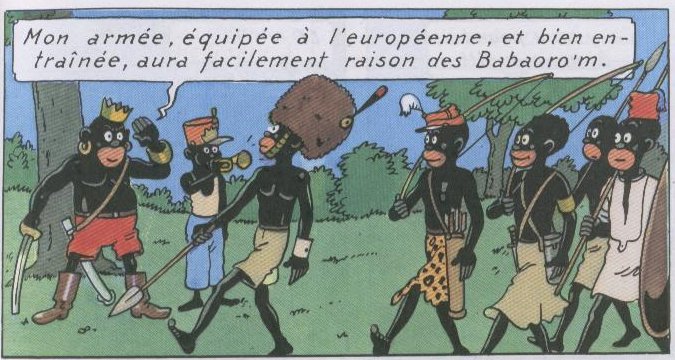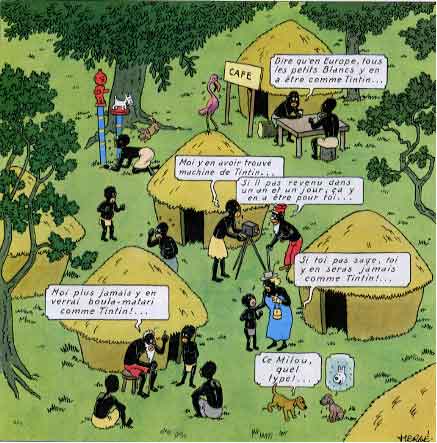aneeshm
Deity
There are plenty of things fit to print, but to my mind this is not one of them.
And in my mind, it is.
Now what? Whose opinion takes precedence, yours or mine? Shall we fight it out with votes? Who can rouse the most rabble?
Or can we take the sensible way out - which is to let the interested people decide what is printed on their paper, at their cost?
(Note that here we have an excellent vindication of liberals behaving like the fabled cock:
)"Sir Roger L`Estrange tells us a story in his collection of Fables, of the Cock and the Horses. The Cock was gotten to roost in the stable among the horses; and there being no racks or other conveniences for him, it seems, he was forced to roost upon the ground. The horses jostling about for room, and putting the Cock in danger of his life, he gives them this grave advice, "Pray, Gentlefolks! let us stand still! for fear we should tread upon one another!" There are some people in the World, who, now they are unperched, and reduced to an equality with other people, and under strong and very just apprehensions of being further treated as they deserve, begin, with Esop`s Cock, to preach up Peace and Union and the Christian duty of Moderation; forgetting that, when they had the Power in their hands, those Graces were strangers in their gates!"
-Shortest Way with the Dissenters
Daniel Defoe



 All opinions are welcome, though maybe I won't agree with them
All opinions are welcome, though maybe I won't agree with them 



